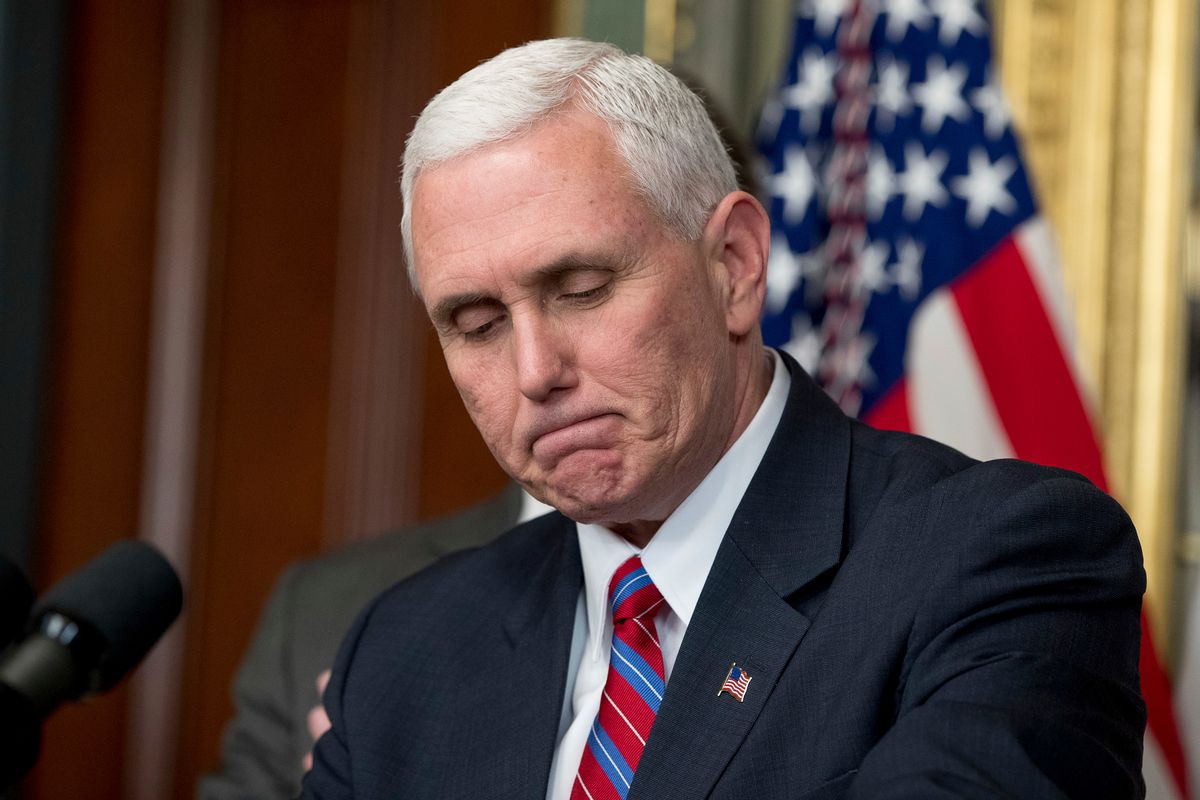It looks like President Donald Trump's second attempt to repeal the Affordable Care Act is about to fail.
According to many Republican congressmen instead of trying to strike a (perhaps impossible) compromise that would please both moderates and conservatives, White House officials may have simply tried to sell them different versions of the same bill.
During a meeting on Tuesday night, Republican moderates and Republican conservatives in the House realized that they had very different impressions of the content of the new bill that had been presented to them by the White House on the previous day, according to a report by Politico. Vice President Mike Pence, budget director Mick Mulvaney and chief of staff Reince Priebus had met with Republican moderates on Monday night to reassure them that the new bill would not repeal Obamacare regulations that are perceived as being beneficial or even necessary; shortly thereafter, they met with Republican conservatives and said it would contain sweeping regulatory repeals.
Later on Tuesday night, Pence met with leaders of all the Republican House caucuses in the Capitol's basement in order to work out the apparent discrepancies in what they had been told about the new bill by the White House. It is still unclear whether the White House deliberately misled both moderates and conservatives or if individual members had engaged in selectively hearing.
“There were no agreements tonight in principle, and certainly no agreements in terms of a foundation,” House Freedom Caucus Chairman Mark Meadows told reporters while exiting the Tuesday night meeting.
In addition to possibly dooming Trumpcare for a second time, the flap speaks to the growing power of Congress' faction of Republican moderates. While in the past Republican moderates have often felt compelled to kowtow to the wishes of the party's more extreme wing (particularly when the party has held large majorities in both houses), a big reason why the first attempt at Trumpcare failed was that moderates vowed to oppose it on the grounds that its draconian health care cuts would harm their constituents. Because the moderates tend to come from states like New York, Illinois, and Pennsylvania, they could be particularly vulnerable in the 2018 elections if they're associated with an unpopular bill in their districts.



Shares